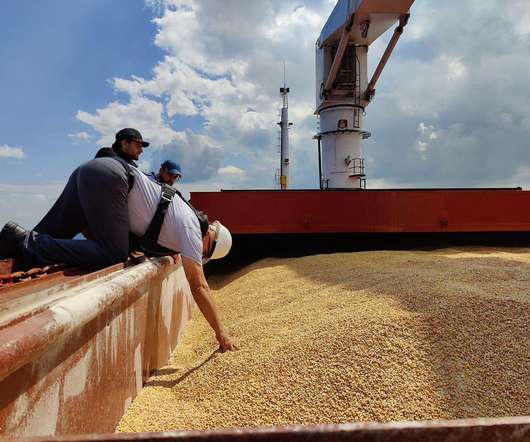Sasol, GE develop new anaerobic microbial technology for cleaning of Fischer-Tropsch waste water; boosting gas-to-liquids (GTL) value proposition
Green Car Congress
NOVEMBER 6, 2013
The new Anaerobic Membrane Bioreactor Technology (AnMBR) will be further developed at a new demonstration plant at Sasol’s R&D Campus at its Sasol One Site in Sasolburg, South Africa. Sasol currently uses aerobic microbes to treat GTL and coal-to-liquids (CTL) effluents in ORYX GTL, Qatar and Synfuels, Secunda facilities.












Let's personalize your content